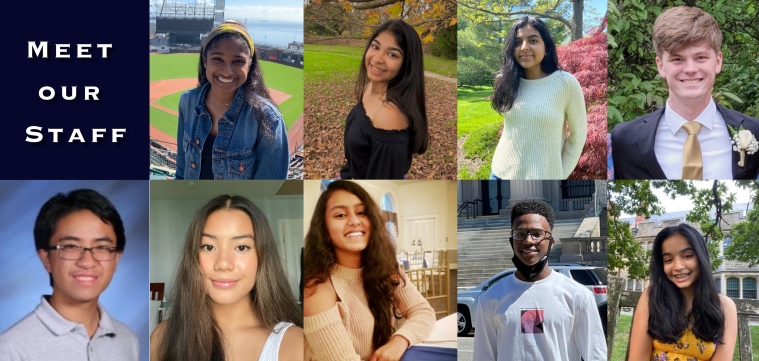Natalie Leung
Features Editor
Newly passed Texas law S.B. 8 went into effect September 1, 2021, catapulting the United States into what may soon become a post-Roe world. Roe v. Wade, a case ironically stemming out of Texas in 1973, has guaranteed women the right to a safe and legal abortion for the past 48 years. The United States Supreme Court recently heard around three hours worth of arguments over the law on November 1. They will hear further arguments on the Mississippi abortion law on December 1. As we await an official decision, many are left wondering what the implications of a Post-Roe world could be.
So, what does a post-Roe world look like for women, poor or rich, across the United States? The fact of the matter is that legality is not synonymous with accessibility. The practice of abortion, regardless of whether or not it is deemed constitutional, will always remain present in some form. The issue ultimately comes down to socioeconomic class.
For women in the United States who enjoy financial stability, the unconstitutionality of abortions would have less of an affect than it would on those without privilege. This is because those with privilege will always have access to the level of health care that they need. It all comes down to where you live, what kind of mobility you have, what relationship you have with your physician, and so on. The richer you are, the more accessibility to those things you have. For example, under Texas’ S.B. 8 abortion law, women have the ability to travel to another state, such as Oklahoma or Kansas, where abortions are currently legal. Wealthier women, who work salaried jobs, are more likely to afford to take personal days off.
Women who find themselves with fewer socio-economic advantages—who make up about 56 percent of Americans living in poverty—would not have easy access to abortions. These women are disproportionately young and members of minority groups, whose options are lessened due to aspects of their financial situation. Many are paid hourly wages, meaning they would not be able to afford to take time off and travel to another state for an abortion. Even if they did, the quality of the abortion still differs. Illegal procedures would be costly and unfortunately, the amount you are able to pay often correlates with the quality of the care you receive.
In fact, the plight of such women, so desperate for medical care that they were forced to endanger their own health, was one of the main issues Roe v. Wade has served to resolve. The Center of Disease Control and Prevention estimates that in 1972, the year before Roe v. Wade was put in place, 130,000 women received illegal or self-induced abortions. Furthermore, the Guttmatcher Institute reports that, about 17% of of maternal deaths recorded in 1965 were attributed to illegal abortions. These statistics are a clear indication of how dangerous abortions can be when women do not have access to regulated, safe proceedures. Statistics even show that the availability of safe abortions actually reduces the rate at which the procedure occurs. The numbers don’t lie—it would be in everyone’s best interest that Roe v. Wade remains precedent.
So what would a post-Roe world look like here in New Jersey? Well, due to the current Democratic majority in both voters and representatives, it is likely that, in the event that Roe v. Wade is overturned, it would have little to no effect on accessibility. Additionally, court-rulings by the New Jersey state supreme court would continue to protect women’s rights to abortions in the absense of Roe. Regardless of the fact, a majority of states do not have state laws or court rulings to protect women in the case that Roe v. Wade gets overturned.
The topic of abortion is extremely nuanced and abolishing Roe v. Wade, with the policies currently implemented, would be catastrophic for children born to these mothers as well. There is no safety net in the US for babies born to mothers who are unable, for whatever reason, to care for and support them. Programs such as subsidized child care, health care, even basic nutrition and housing needs can be insufficient and difficult to access. The list goes on and on. The overruling of Roe v. Wade would be deeply detrimental to socio-economically disadvantaged women across the country. A post-Roe world would not be pro-life. It would threaten the life of thousands of women in America and take away the freedom of choice. Though, the reality is that the debate surrounding abortion has nothing to do with “life” itself, and everything to do with controlling the bodies of women. We must do everything in our power to protect them.
Picture Source: Texas Tribune


